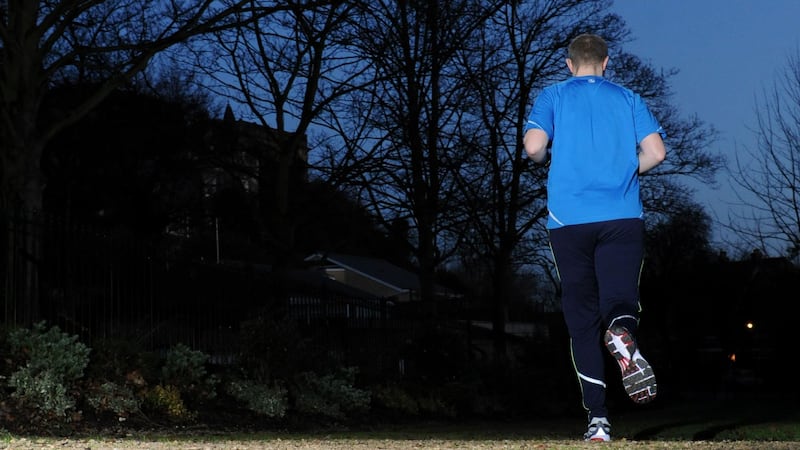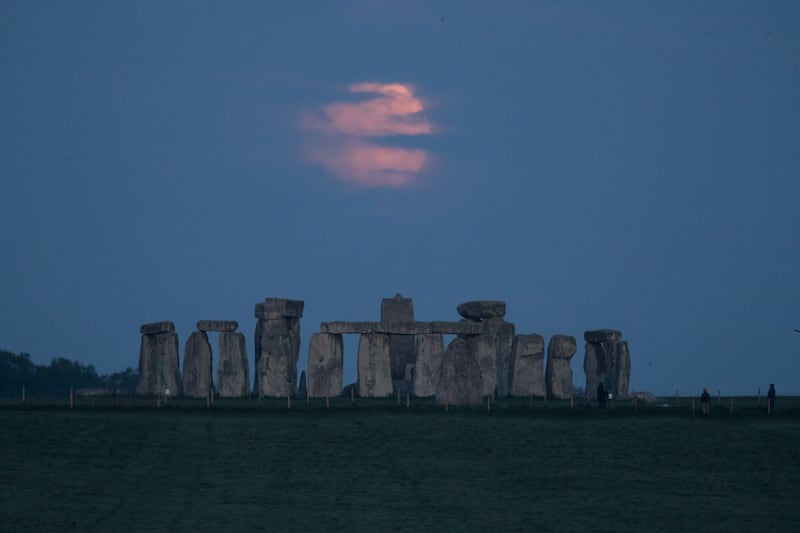People have a natural tendency to run at a speed that saves calories from being burned – regardless of how far they are running, new research suggests.
For many recreational runners, they share the same goal – to go faster, while some run to burn through calories.
But a new study indicates that speeding up might require people to defy their natural biology.
Researchers found that a runner’s preferred speed is largely unaffected by the distance they run and is consistent with the speed that minimises the energy consumed.
Scientists had previously thought that runners burn the same amount of calories for a given distance no matter how fast they run, because the energy used depends mostly on the weight of the runner and time ran.
With data from more than 4,600 runners totalling more than 28,000 hours of running, researchers compared energy-saving running speeds measured in a lab setting to real-world speeds measured by fitness trackers and found no difference between the two.
Senior author, Scott Delp, from the James H Clark Professor in the School of Engineering at Stanford University, said: “When you go out for a run, you run to have your best fuel economy.
“So, regardless of the distance you travel, you run in such a way that you burn the least amount of fuel per distance travelled.”
What surprised the team most was the consistency they found across the two groups.
“We intuitively assume that people run faster for shorter distances and then would slow their pace for longer distances,” says first author Jessica Selinger, a neuromechanics researcher at Queens University in Ontario, Canada.
However this was not the case and most of the runners they analysed stuck with the same speed, whether they were going for a short run or a long haul over 10 kilometres.
Researchers suggest that from an evolutionary perspective, it makes sense that people would run at the speed that uses the least amount of energy, and this caloric conservation is something observed across the animal kingdom.
But in the modern world, humans’ reasons for running have changed, and if the goal is speed, there are some tricks runners can use.
Dr added: “Listening to music with a faster pace has been shown to help speed up stride frequency, which can then increase running speed.”
While running with people who are faster than you may also give you a boost.
The findings are published in the Current Biology journal.








